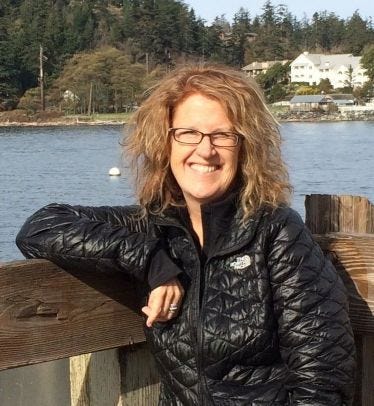
The Next Generation At SuperNutrition
It’s the rare dietary supplement company that can put the words “family owned and operated” on the label. Fewer still can make that claim well into a fourth decade, but SuperNutrition USA, the company that pioneered high-potency multivitamins, has held that status since 1977.
Karen Raterman
July 1, 2014
8 Min Read

About the Author(s)
Subscribe and receive the latest updates on trends, data, events and more.
Join 57,000+ members of the natural products community.
You May Also Like




